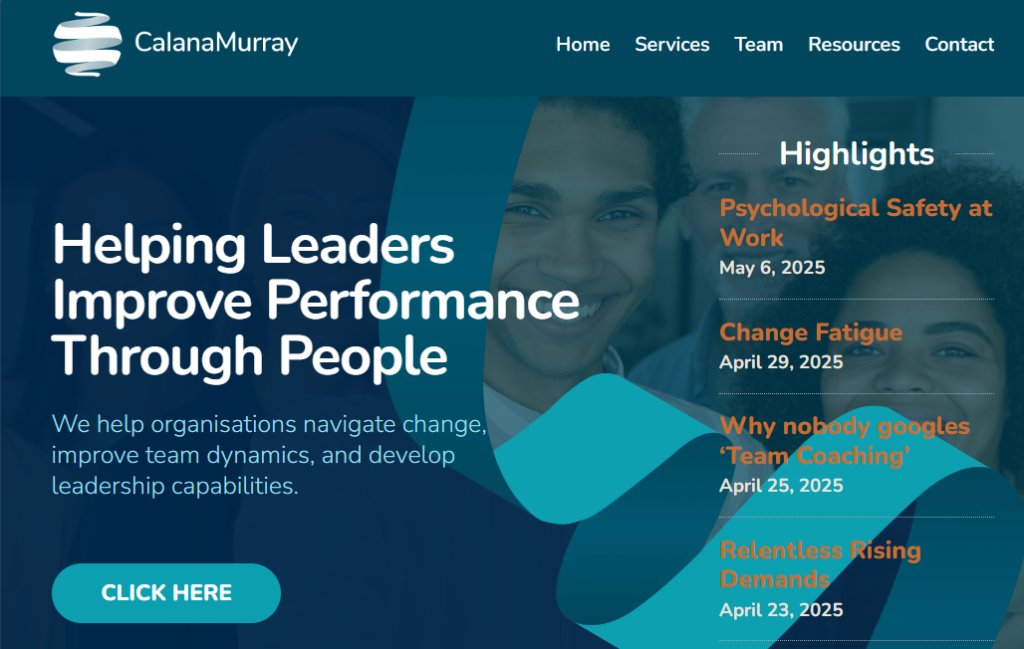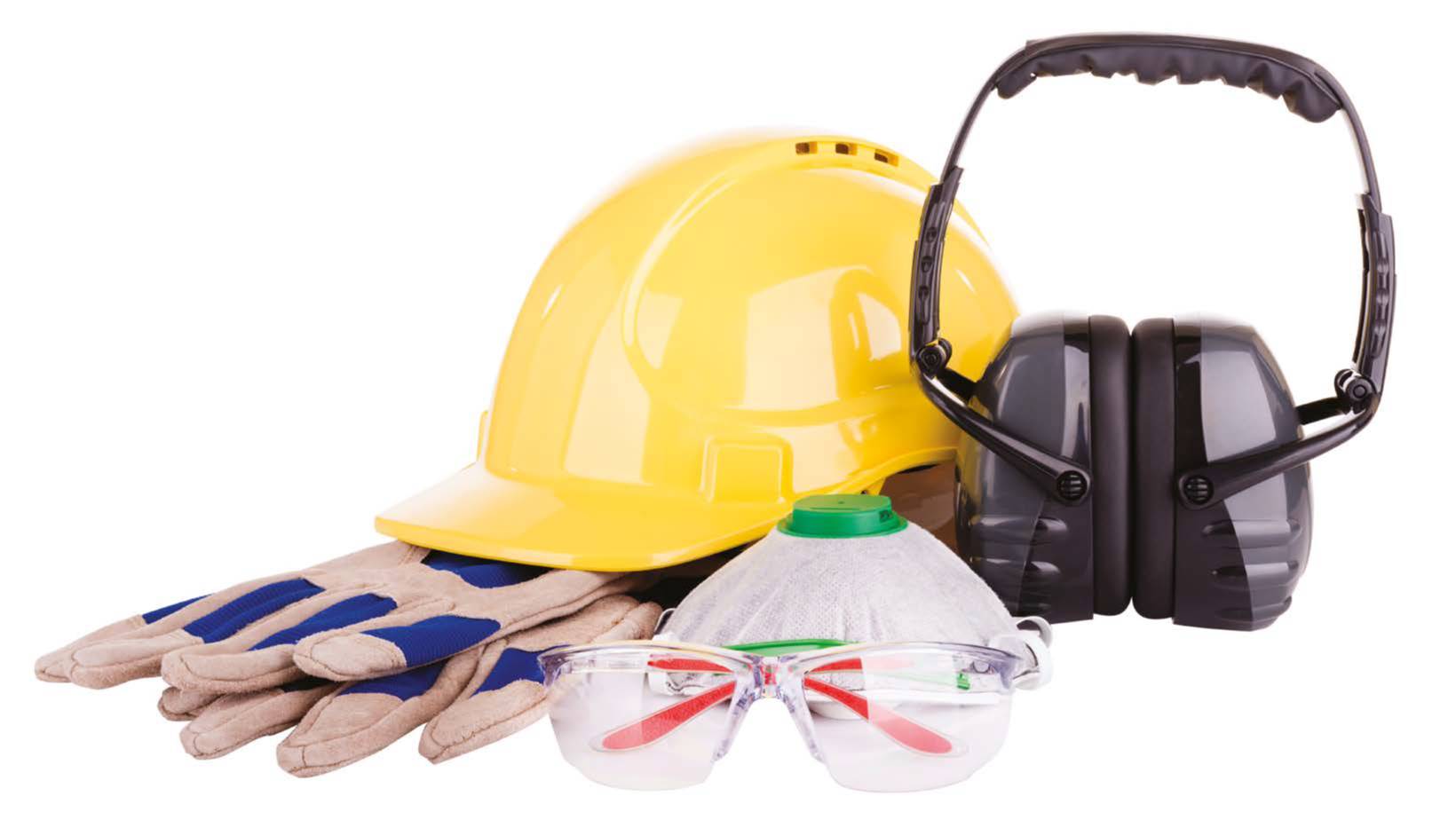We often work with teams undergoing significant change. One particular client had recently completed a restructuring, redefined people’s roles, and crafted a new strategy. These formal processes were completed successfully.
Meanwhile work demands were unrelenting, even as people were adjusting to their emerging form or configuration. Team functioning was disrupted, people were feeling unsettled, and interpersonal tensions were rising. They showed all the signs of being in the ‘storming’ phase of team development, with team relationships taking strain.
The leader approached us to support the people aspect of this change and assist them to work on their team dynamics. They wanted to build trust, alignment and cohesion. Our approach was to help them create a safe environment where they could:
- Take stock of their current reality together, through honest, open conversation.
- Bring to awareness the health of their relationship system, including dynamics below the surface.
- Work through some difficult conversations about past events and current dynamics.
- Co-create and embrace their emerging future together.
Because the change process is unique in every team and situation, we encourage teams to be intentional about their journeys of change, and to do this together. Intentionality does not guarantee the future you want, but it does steer you closer to that future than leaving things to chance.
Key lessons that we are reminded of time and again, include:
- As the quality of Relationships rises, the quality of Thinking improves, leading to an increase in the quality of Actions and Results. Achieving high-quality Results in turn has a positive effect on the quality of Relationships, creating a reinforcing loop (Daniel Kim).
- Because individual and team behaviours get hard-wired as habits over time, adapting to change requires shifts in mindset. It also requires resolute commitment to developing new behaviours and habits.
- Accountability is critical. Throughout change processes, teams and organisations need to agree their accountability mechanisms and schedule specific events. Accountability is not just about reactively confronting a lack of adherence to agreed behaviour and performance. It is also about proactively reviewing progress, learning through reflecting, and celebrating the achievement of change.
- Different team members have different needs through a change process, influenced by their propensity for change. Attending to these needs is crucial. We use the “Leapers” model from the Center for Right Relationship (CRR Global) that recognises roles of people as Leapers (pioneers), Bridge Builders (whose role is to be more thoughtful and deliberate about change, usually the majority) and Tradition Holders (who play the important role of ensuring continuity and recognition of the good from the past).
- Sometimes change forces us to face and deal with things that may have gone unattended before. The implication here is that it feels like you take a few steps back sometimes, while on the journey.
#NavigatingChange #TeamCoaching #TeamSuccess #CoreTheoryofSuccess #DanielKim












